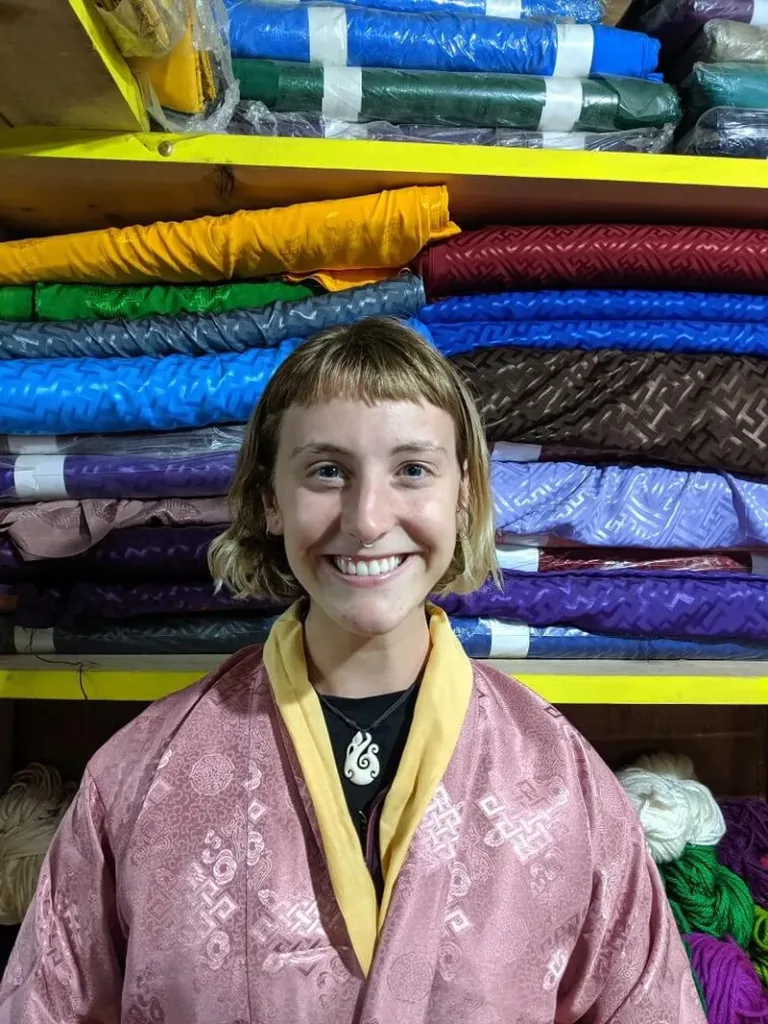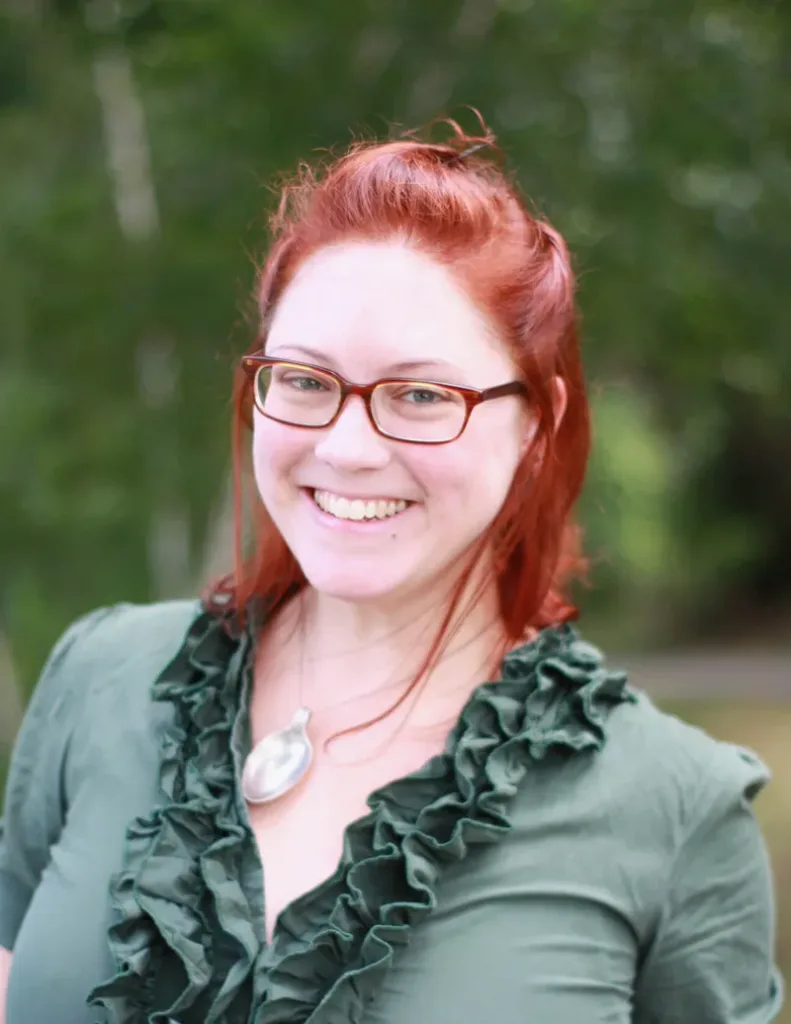10 Reasons to Study Abroad in Cambodia
Cambodia: Vibrant and Beautiful
The dense, green jungle bursts with a chorus of birdsong, and soft steps and snapping branches herald the arrival of an Asian elephant, while a deep breath fills your lungs with fresh, moist forest air. Or perhaps the day takes you to centuries-old temples, intricately carved and gently worn with the passage of time. The people you meet here are warm-hearted and welcoming, generous and kind.
For many of us, the only thing we know about Cambodia, if we’ve heard of it, is the ancient temple complex of Angkor Wat. Yet, there is so much more to this small country than initially meets the eye. Nestled between Thailand and Vietnam, with a southern coast on the Gulf of Thailand, Cambodia is a country worth exploring.
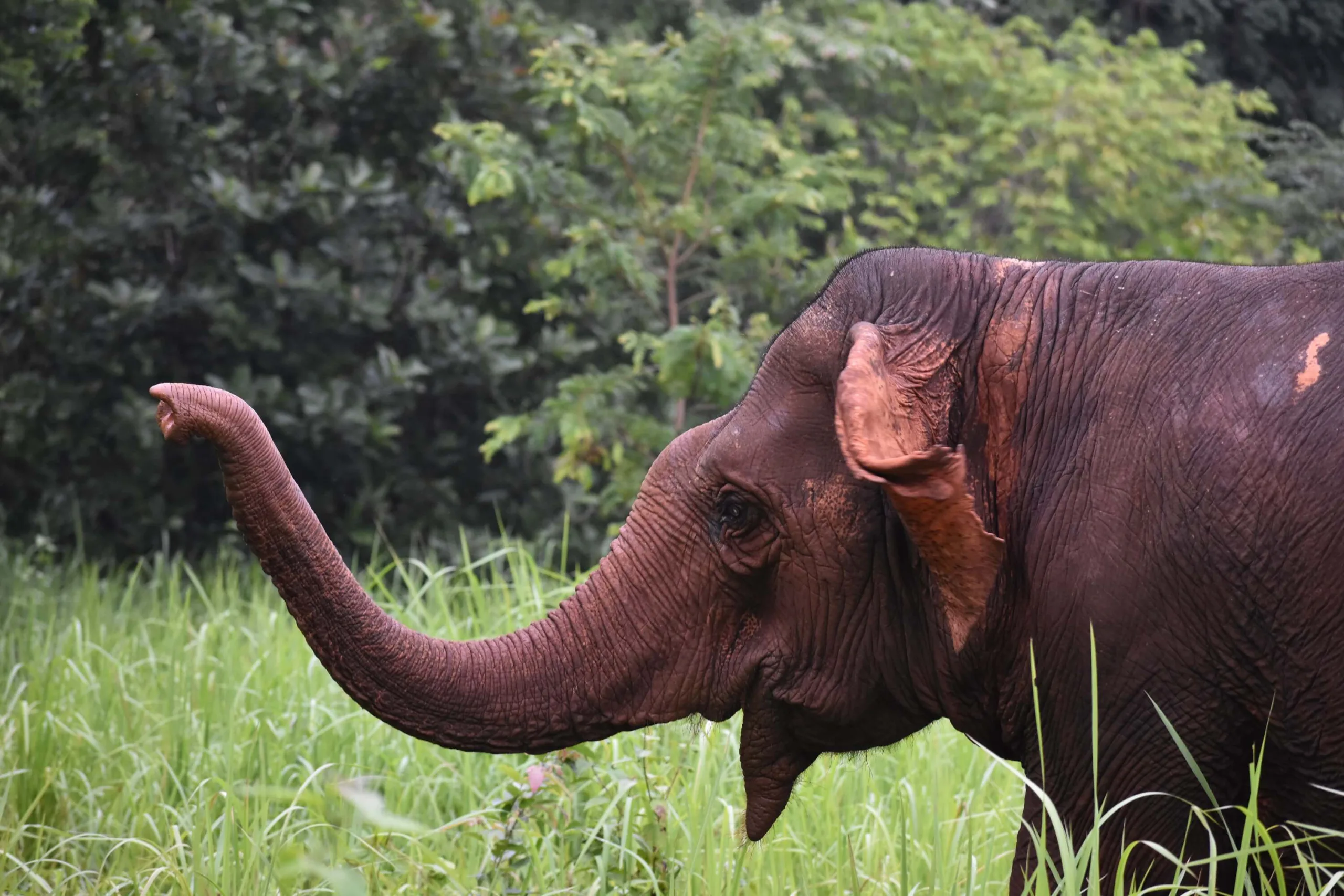

Based in Cambodia’s third largest city, Siem Reap, and only a 20-minute drive from the famous Angkor temples, SFS offers fall and spring semester programs and a summer program.
This is a pretty amazing place to study abroad; here are 10 reasons why:
- Diverse ecosystems and their interesting inhabitants! Not only does Cambodia boast breathtaking waterfalls, jungles, lakes, and beaches, it also offers a great diversity of wildlife. The Asian elephant, Irrawaddy river dolphin, various primates, and bird species galore all call Cambodia home, as does the critically endangered Cantor’s softshell turtle – which can grow up to 6 feet long. Siem Reap’s resident flying fox (bats!) population can be seen at the Royal Gardens and you’ll visit a number of wildlife conservation NGOs like Angkor Centre for Conservation of Biodiversity, Elephant Valley Project, Mekong Centre for Turtle Conservation, and the Phnom Tnout Wildlife Sanctuary.

- Urban location. Based in Siem Reap, this is one of the most urban SFS centers. Just a short tuk-tuk ride will have you exploring the bustling markets and restaurants the city has to offer. Visit the Phare Cambodian Circus, a cast of talented acrobats sharing stories of Cambodia, or enjoy a traditional Cambodia Apsara dance show. Or spend an afternoon biking around the Angkor temple complex!
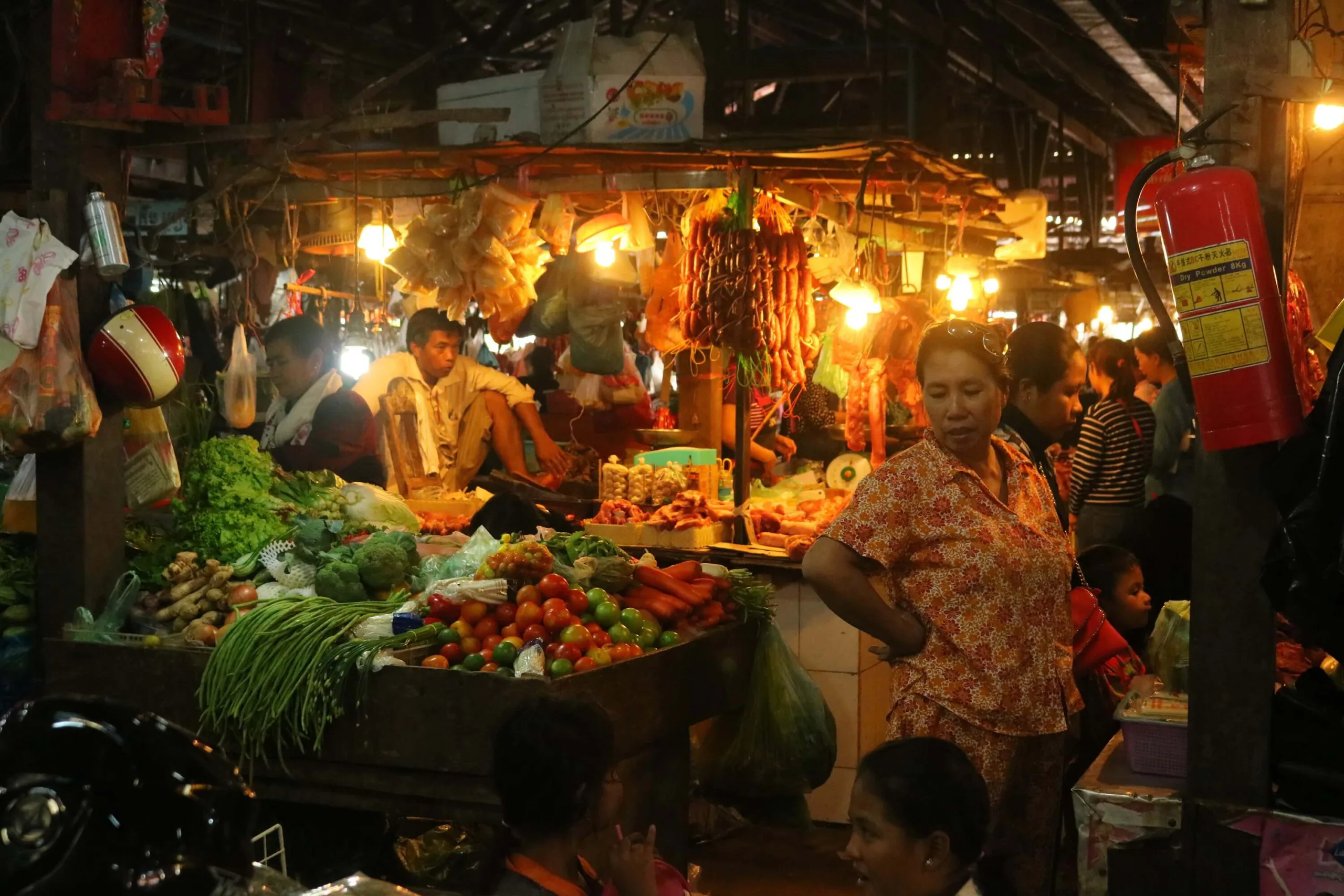
- Spend three weeks traveling around Cambodia. On an extended trip away from the Center, you will travel around Cambodia – exploring the gibbon-filled forests of BeTreed, visiting with the Bunong people and learning about the elephants of Mondulkiri, stopping at various points along the Mekong River, and paying a cultural visit to Phnom Penh and the Cambodian coast.

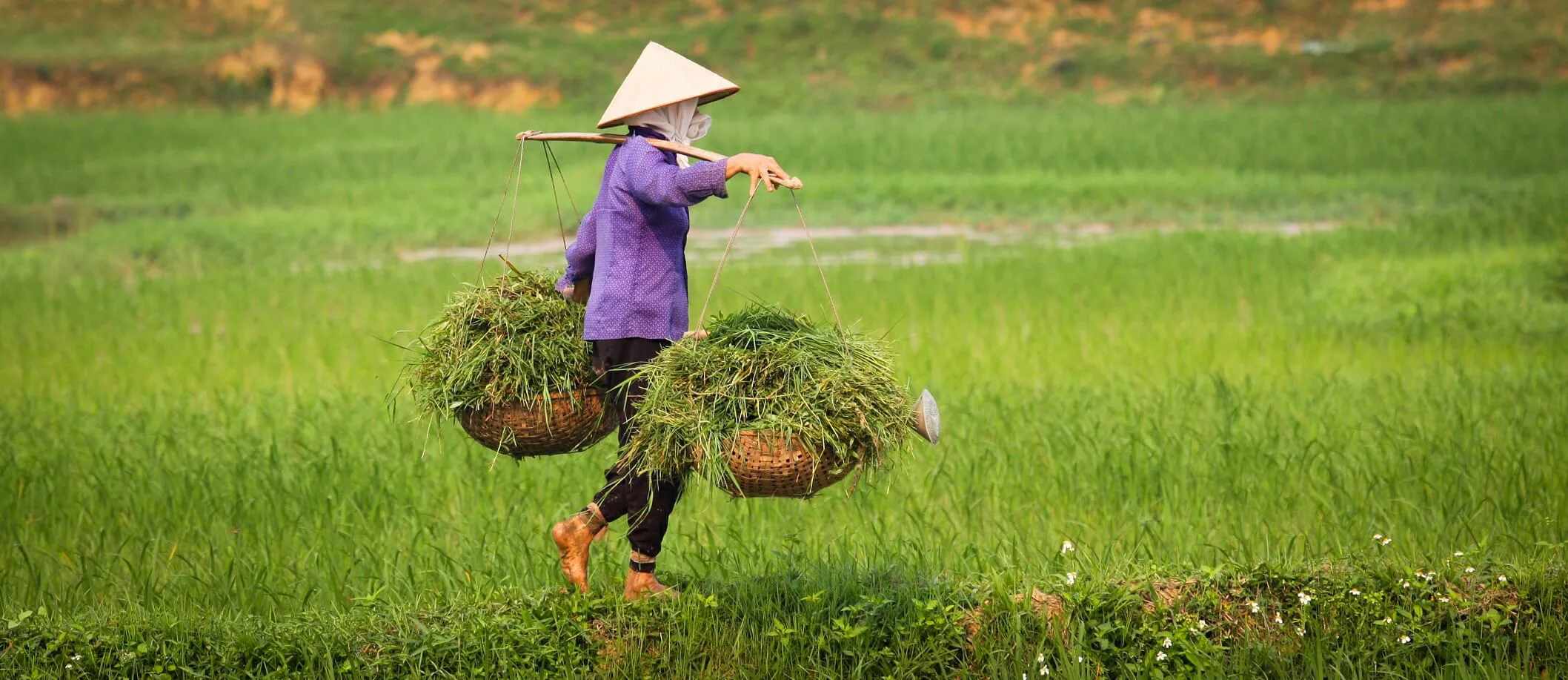
- Elephants! You’ll visit the Mondulkiri highlands in eastern Cambodia and stay at the Elephant Valley Project, the largest semi-captive elephant sanctuary in Asia. Here, you’ll study elephant conservation and learn about the changes and challenges to the indigenous Bunong peoples’ traditional lifestyles.

- Angkor UNESCO World Heritage Site. Home to the magnificent remains of the ancient Khmer Empire (9th-15th centuries), Angkor is one of the most visited sites in Southeast Asia and is only a 20-minute drive from the SFS Center in Siem Reap. The landscape is dotted with thousands of temples, including the iconic Angkor Wat, Bayon Temple with its 216 massive stone heads, Ta Prohm – where trees are literally growing out of the temples, and the intricately decorated Banteay Srei, to name a few.
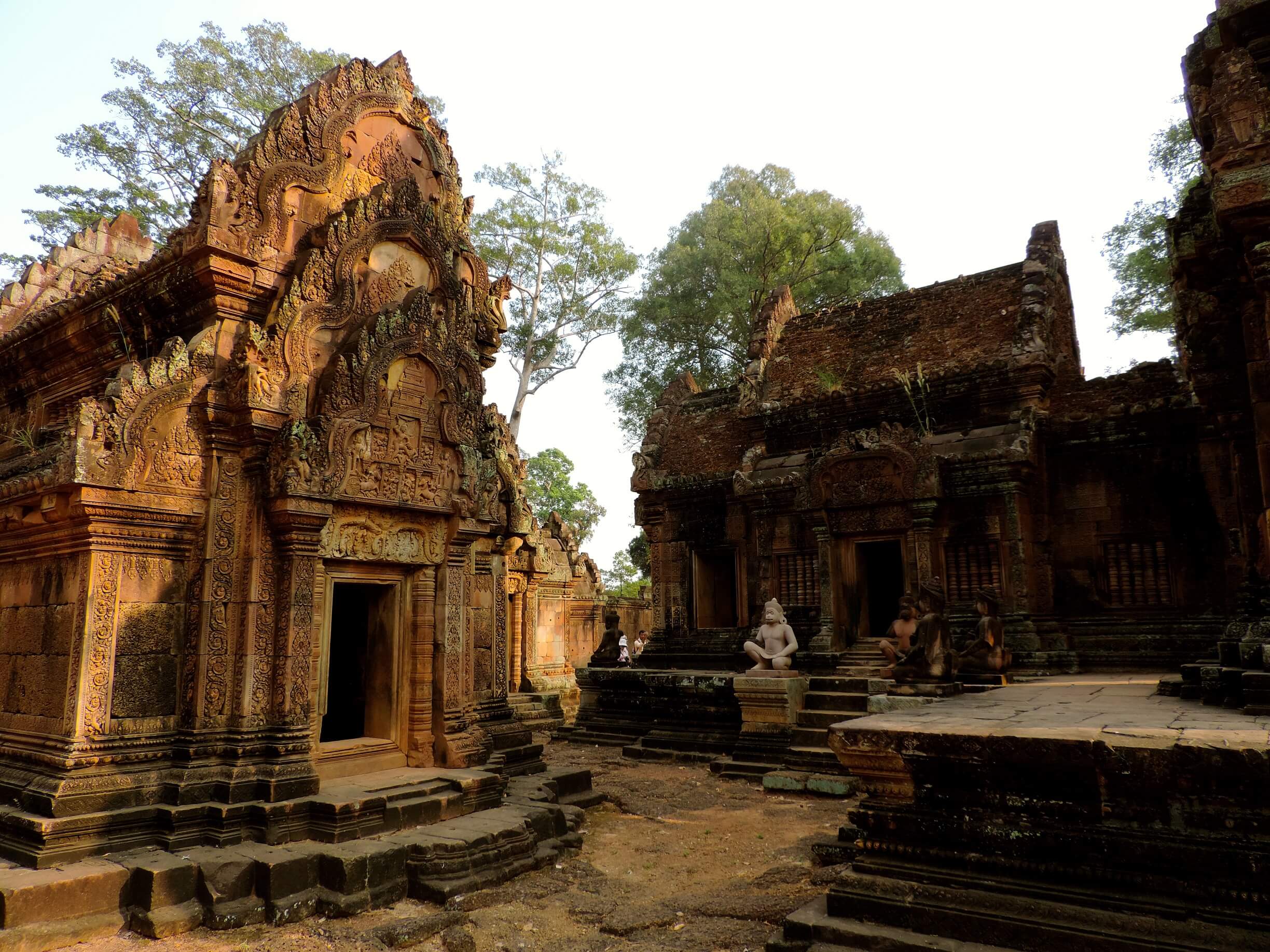
- Spend the night in a floating village. Head to the Tonlé Sap Lake, one of the most fascinating water wonders of the world. From the dry season to the wet season, the lake grows to more than six times its size, drastically changing the surrounding area. You’ll stay with a local family, listening to the sounds of the lake and learning about their lives.

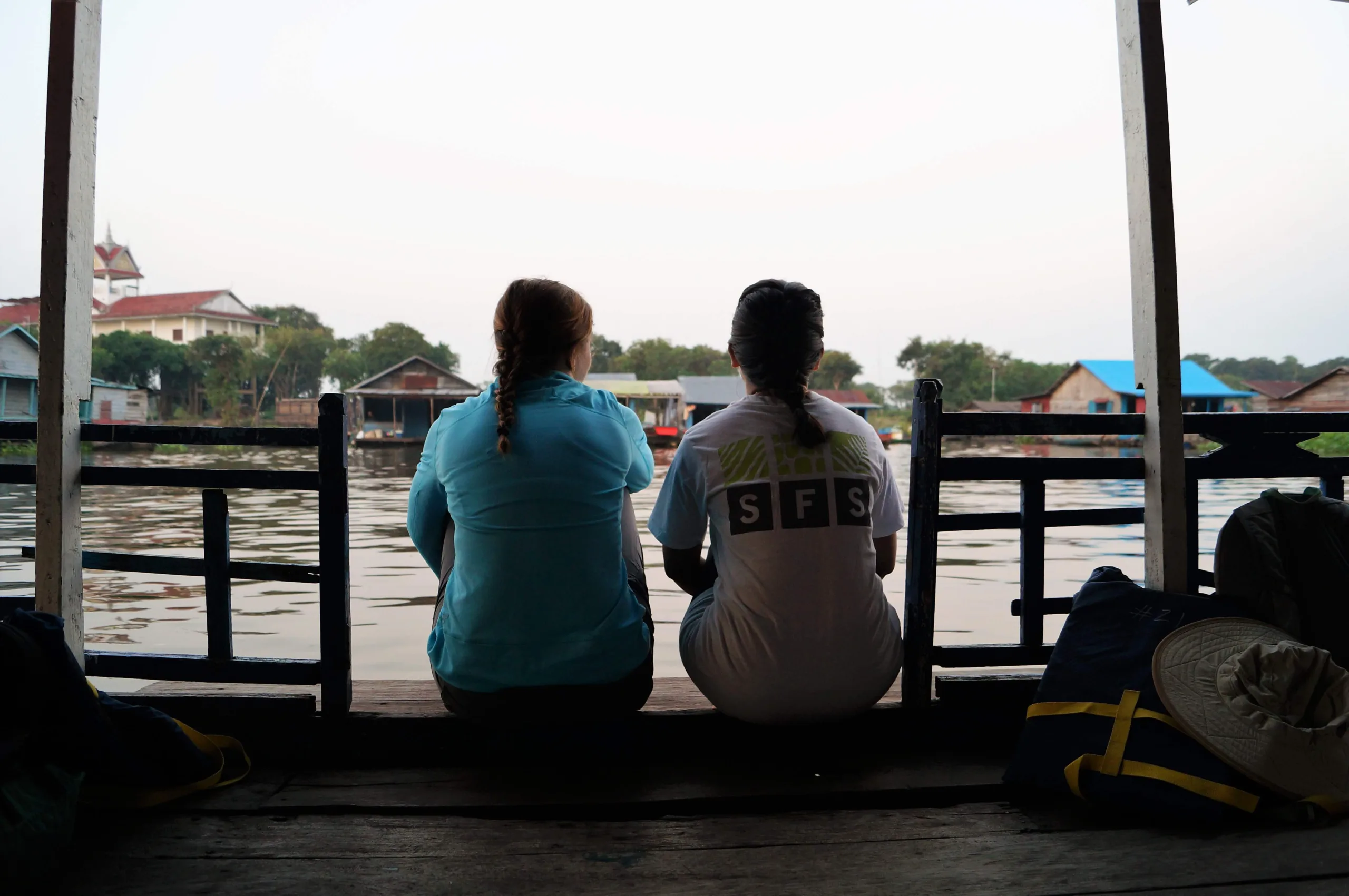
- Learn about traditional medicine. In the Kulen highlands of northern Cambodia, small villages still use traditional Khmer medicines harvested from the roots, bark, fruits, and leaves found in the forests surrounding their homes. Learn from community elders about the history of these medicines and their uses as you explore the 200+ plant varieties they use.

- Learn some Khmer! Pronounced locally as ‘keh-mai’, Khmer is the official language of Cambodia. You’ll learn the basics and have a chance to chat with the local SFS staff, area university students and other Cambodians you meet. Som svakôm!
- Try new foods. Students rave about the Center cooks, Maly and Konkea, so you might find it hard to tear yourself away and explore nearby restaurants but be sure to try traditional Amok – a coconut curry served in a banana leaf, Cambodian coffee – known for its rich and creamy texture, and the locally made palm sugar candies! If you’re really feeling brave, try the durian, the world’s stinkiest fruit. Read one student’s account of the food in Cambodia here.
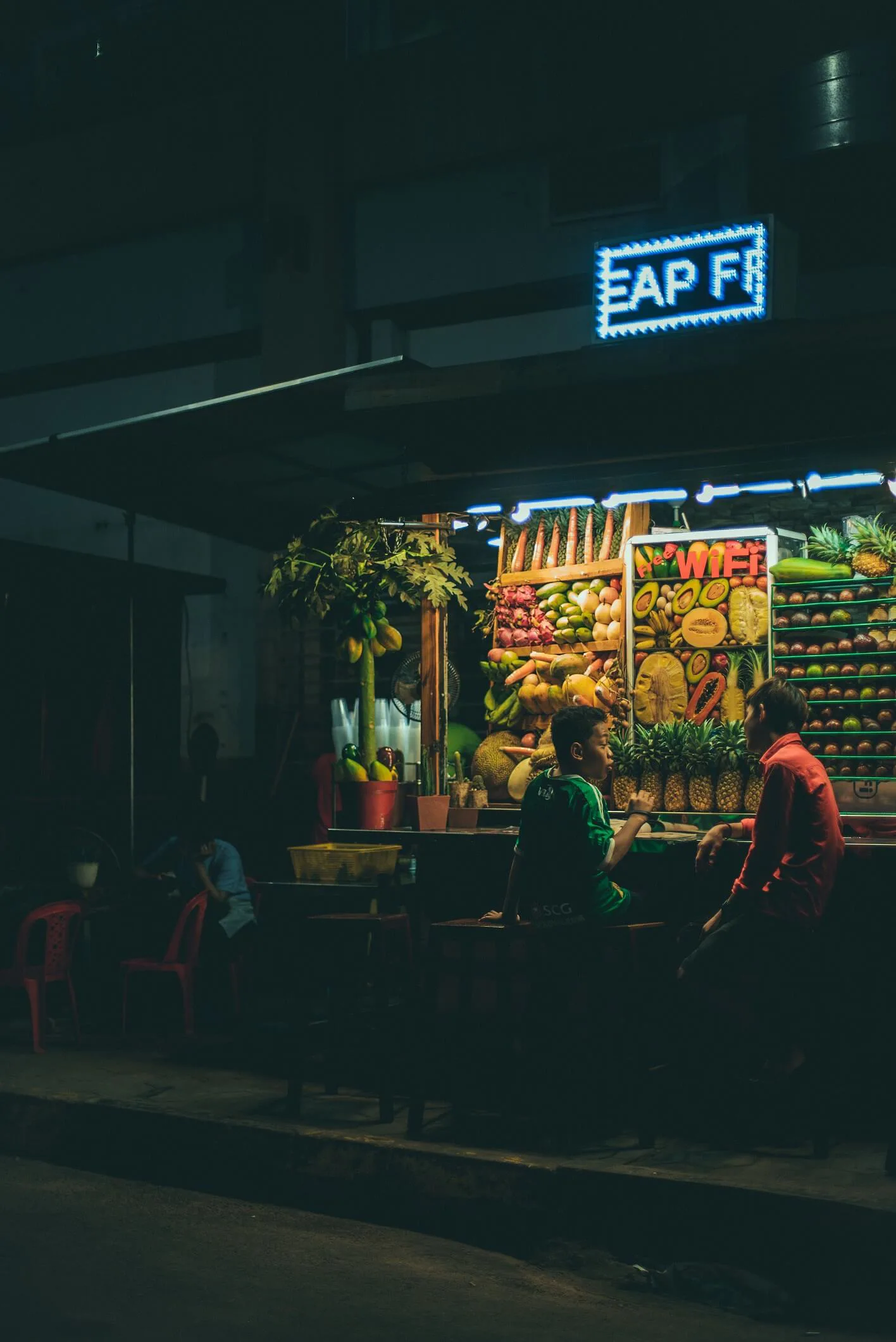
- Live sustainably in Cambodia! During the program, you’ll be joined by other passionate student environmentalists. On an excursion to the coast, you’ll take part in a mangrove restoration project, planting new trees to protect this important ecosystem for marine species and local livelihoods.


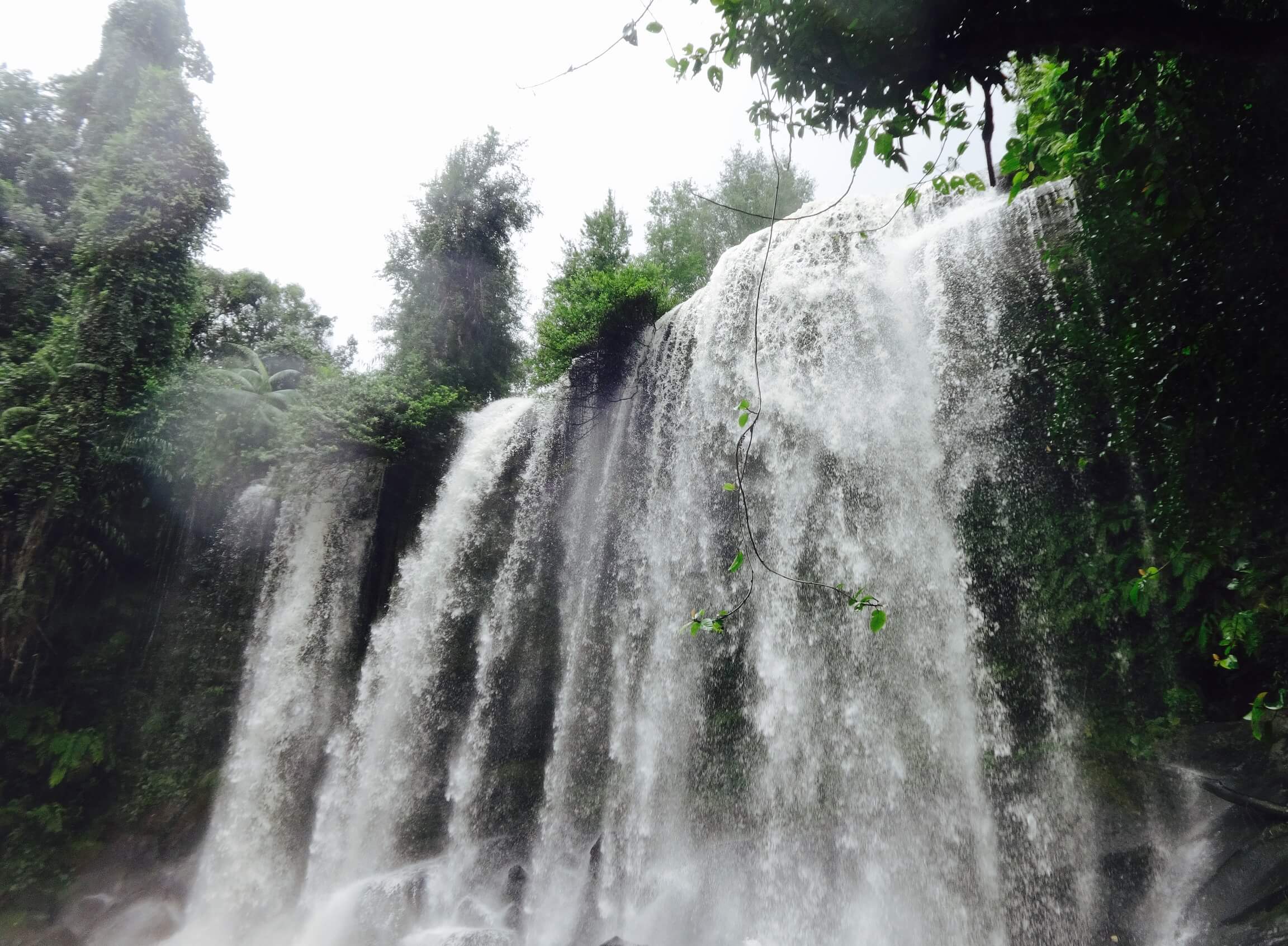
Want to learn more about our programs in Cambodia? Check out our semester or summer programs, or start your application today.
→ Conservation and Development Studies in Cambodia
Photos courtesy of Anna Chahuneau, Maura Monagan, Megan English, Michelle McCormack, Peter Wedell, and Tess Hebert.
Related Posts

Camila Rojas: Alumni Spotlight⭐

